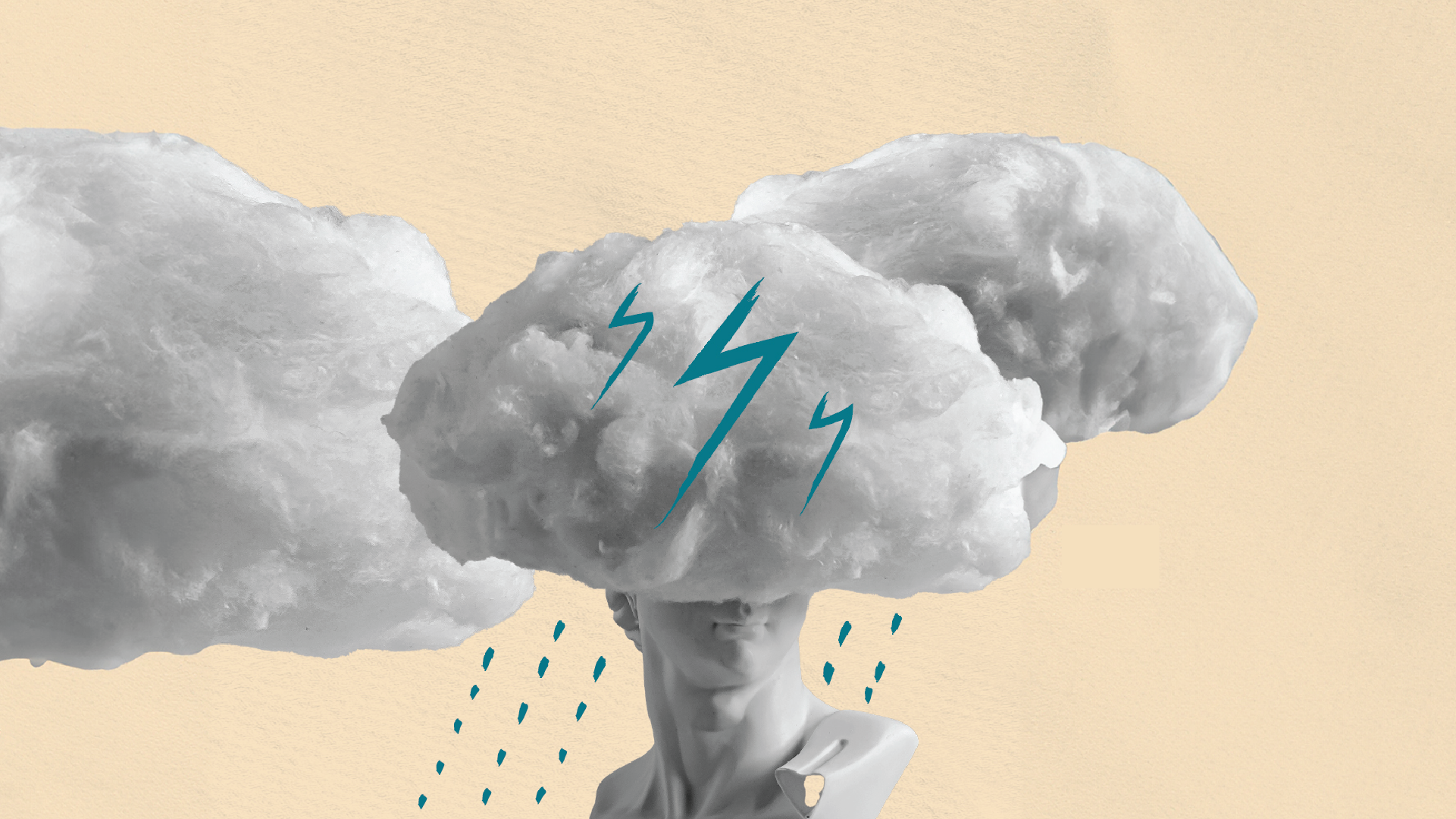Feeling foggy in your 40s? Explore the connection between perimenopause and brain fog. Learn actionable tips for documentation, physical activity, nutrition, and mindfulness to regain mental clarity.
A post in one of the online communities I am part of caught my attention. A 41-year-old woman was asking for suggestions on how to deal with brain fog, a possible symptom of the impending menopause. While the community came together and gave her a bunch of suggestions, it got me thinking: What is brain fog and how can women deal with it?
Understanding Perimenopause Brain Fog
Brain fog during perimenopause is an extremely common but often under-discussed symptom that affects many women in their 40s. This cognitive cloudiness manifests as forgetfulness, difficulty concentrating, and mental fatigue—symptoms that can be particularly distressing for women who have always prided themselves on sharp memory and mental clarity.
The root cause is primarily hormonal. As estrogen levels fluctuate and gradually decline during perimenopause, cognitive function can be affected. Estrogen plays a significant role in brain health, particularly in areas responsible for memory and higher-level cognitive functions. Additionally, the sleep disruptions and increased stress that often accompany perimenopause can further exacerbate cognitive symptoms.
I have found myself staring at my phone knowing that I had picked it up for something but for the life of me cannot remember for what… what a frustrating feeling it actually is. That moment of complete blankness where the thought that was so important just seconds ago has completely vanished, leaving only the awareness that something needed to be done. It’s these small daily moments of disconnect that can accumulate and undermine confidence in ways that aren’t always visible to others.
Practical strategies for managing brain fog
Document and organize: Women experiencing perimenopausal brain fog often find relief through improved organization systems. Here are some ideas:
- Keep dedicated note-taking apps on smartphones for capturing thoughts before they slip away
- Implement a daily “brain dump” ritual: spending 5 minutes each morning transferring mental to-do lists onto paper
- Use visual cues like strategically placed sticky notes or digital reminders
- Set up calendar alerts for important tasks and appointments
- Utilize voice memo features for on-the-go thought capturing
There was this one time when I nearly dropped my younger son off at the wrong birthday party venue. While my brain had correctly registered the date and time, I’d completely misread the location details. The moment of realization triggered an avalanche of self-reproach and guilt that felt utterly disproportionate to the simple mistake. That incident became my tipping point. Since then, I’ve developed a multi-layered system of safeguards—my phone calendar with alerts, a physical notebook I keep in my bag, and digital reminders that ping me with important details. This redundancy has become my lifeline, transforming what used to be an effortless mental task into a carefully managed external system. The peace of mind is worth every extra second of planning.
Physical activity with purpose
Research consistently shows that regular exercise can significantly improve cognitive function during perimenopause:
Use exercise as an immediate intervention when concentration wanes
Engage in 30 minutes of moderate cardiovascular exercise 4-5 times weekly improves blood flow to the brain
- Incorporate yoga, which combines physical movement with mindfulness practices
- Take brief “movement snacks” throughout the day to boost circulation when brain fog feels particularly heavy
- Add strength training 2-3 times weekly, which has been linked to improved cognitive performance
Nutritional approaches
Diet plays a crucial role in brain health during hormonal transitions:
- Reduce consumption of inflammatory foods, particularly processed items and refined sugars
- Ensure adequate consumption of B vitamins, especially B12, which supports neurological function
- Maintain proper hydration, as even mild dehydration can worsen cognitive symptoms
- Evaluate caffeine consumption, which can affect sleep quality and, by extension, cognitive function
Mindfulness and stress management
The perimenopause years often coincide with high-stress periods in women’s lives, making stress management essential:
- Practice daily meditation, even if just for 5-10 minutes
- Implement breathing techniques to use during moments of frustration when brain fog interferes with tasks
- Explore guided visualization specifically designed for cognitive clarity
- Set realistic expectations and practicing self-compassion
- Schedule regular breaks during mentally demanding tasks
The bigger picture
While frustrating, brain fog is typically a temporary phase of the perimenopausal transition. Many women report that cognitive symptoms stabilize once they reach post-menopause. Wohoo! Better days are in store. Understanding this context can provide reassurance during particularly challenging days.
Disclaimer: This is not a medical article and just gives practical advice on how to navigate daily activities with brain fog. For a medical understanding and addressal of the condition, please consult your doctor at the earliest.





